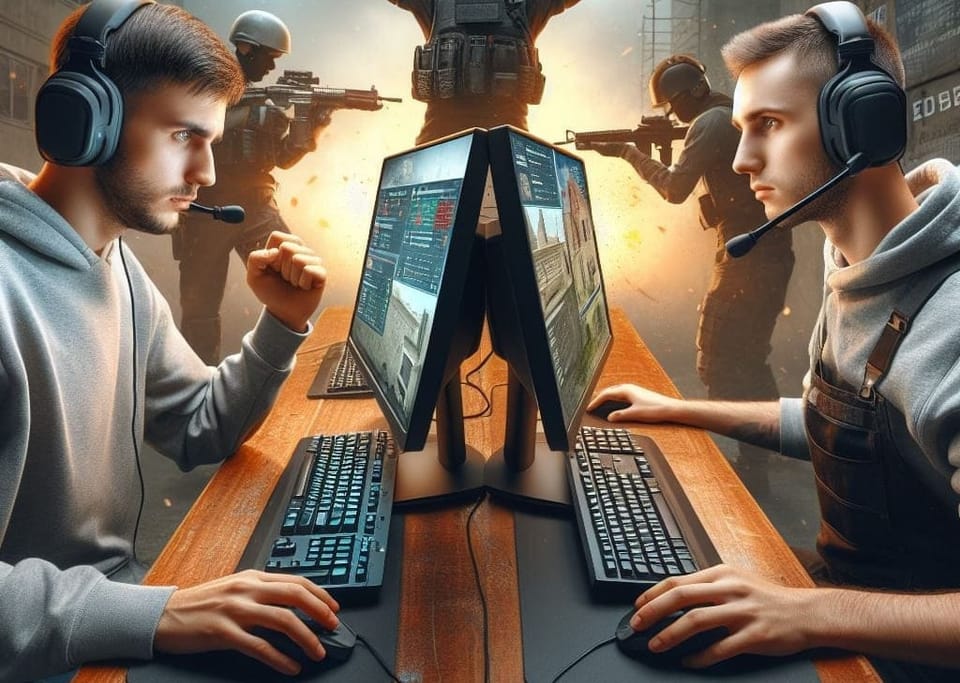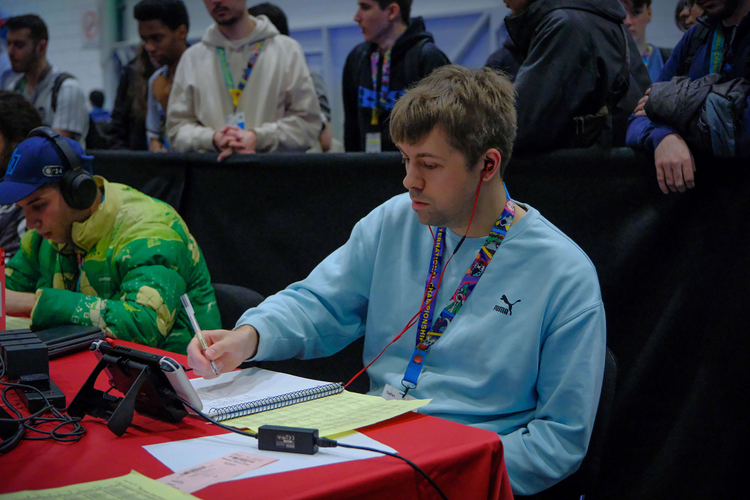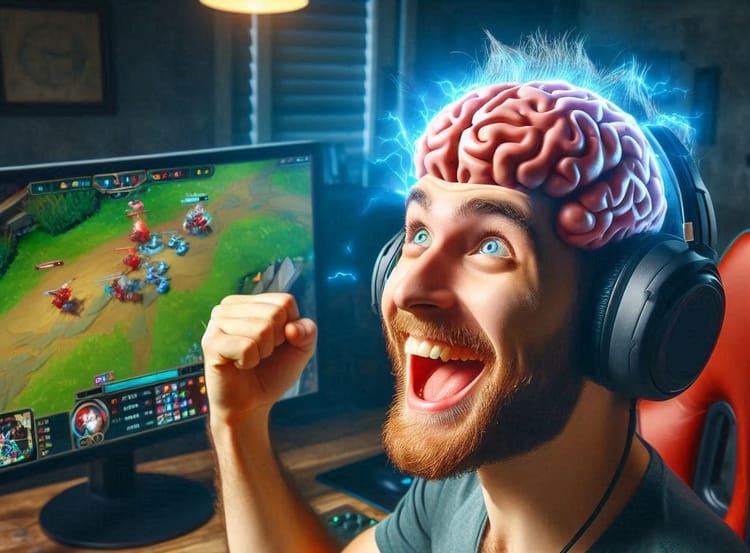How AI can improve Gaming Performance
How does AI improve gaming and esports performance? We discuss a way for gamers and professional players to become better.

Hello, friends.
AI has become a major topic in not just science but also the public eye. What becomes apparent in this regard – and the focus of this newsletter – is the question of how AI may impact gaming and Esports performance. In this week's newsletter, we’ll take a look at a study making a first leap into exploring this question.
AI has become a major topic in not just science but also the public eye. What becomes apparent in this regard – and the focus of this newsletter – is the question of how AI may impact gaming and Esports performance. In this week's newsletter, we’ll take a look at a study making a first leap into exploring this question.
👨🏻💻 CS:GO 2.0*
An important aspect of every athlete is its training. Every athlete seeks to improve its training effectiveness to achieve a higher performance when it matters – in competition. Neri and colleagues (2021) asked the question whether in-game performance could be improved by creating an adaptive in-game training protocol. In order to do that, they built…
“[…] a version of the [CS:GO] game based on a personalized, adaptive algorithm modifying the artificial intelligence of opponents as well as overall game difficulty on the basis of individual gaming performance.” – Neri et al. (2021)
In short: they made a new CS:GO version, where the bot’s difficulty level was adapted to the gamer’s performance. The better you are, the better the bots. The algorithm was set up in a way that the bots were always just a tiny bit better than the gamer. By “better,” I mean that they tweaked the bots to have superior aim focus, reaction time, cooperative behavior, aggressiveness, etc.
For the experiment in the labs, they had 21 casual gamers with CS:GO experience. Two groups were formed, where one group trained with the adaptive version, the other group with the standard one. To evaluate their performance, KDA, shooting tests (e.g., accuracy), gaming skill (round wins/losses), as well as other cognitive tests.
🔎 What did they find?
When the authors compared the two groups regarding their performance,
“[…] a greater improvement in videogame performance for participants exposed to the [personalized, adaptive version]. Additionally, cognitive benefits were detected after 15 sessions of intensive video gaming (~30 h) which were maintained up to 3 months after the end of the study in both experimental groups.” – Neri et al. (2021)
An obvious result was that both groups improved over the course of the experiment. This includes both in-game performance measures and cognitive performance. Regarding group differences, the group who trained with the adapted version of CS:GO had a steeper learning curve compared to the gamer who played the standard version.
🕹️ For us Casual (and Pro-)Gamer ...
💡
Those findings have a very important implication. Gamers who wish to improve in any game might be better off seeking game adaptations that adjust to their personal level of skill. As Feri and colleagues put it:
“The reduction of the learning curve has an interesting implication for those who wish to approach professional video gaming. Decreasing the acquisition time of a skill game could, in fact, lead the player to achieve goals faster, and it is possible to hypothesize that an individualized protocol – such as the one developed in our studio for CS:GO – could be used in other FPS games, which are the ones most often used in professional tournaments.” - Neri et al. (2021)
Another way would be to play against gamers who are slightly better than oneself. In a more general sense, facing a challenge that is just a bit above one’s current level is important in order to learn. A challenge has to be just challenging enough to a) motivate instead of discourage, and b) in the range of being achievable.
“The reduction of the learning curve has an interesting implication for those who wish to approach professional video gaming. Decreasing the acquisition time of a skill game could, in fact, lead the player to achieve goals faster, and it is possible to hypothesize that an individualized protocol – such as the one developed in our studio for CS:GO – could be used in other FPS games, which are the ones most often used in professional tournaments.” - Neri et al. (2021)
Another way would be to play against gamers who are slightly better than oneself. In a more general sense, facing a challenge that is just a bit above one’s current level is important in order to learn. A challenge has to be just challenging enough to a) motivate instead of discourage, and b) in the range of being achievable.
See you all next week. Cheers,
Christian 🙂
Join over 200+ (🤯) Gaming Science subscribers and become smarter every week.
"I love this type of content, thank you Chris."






